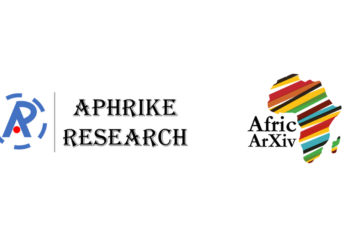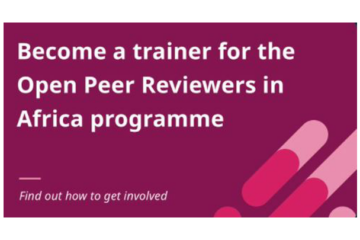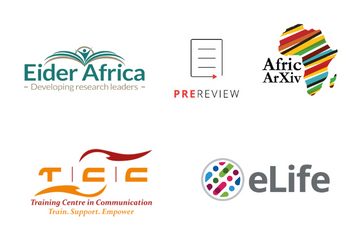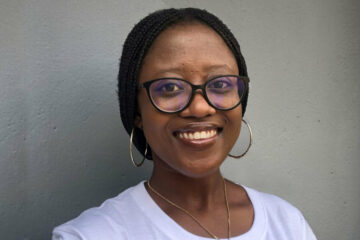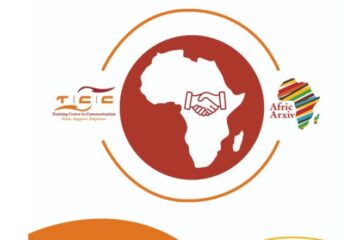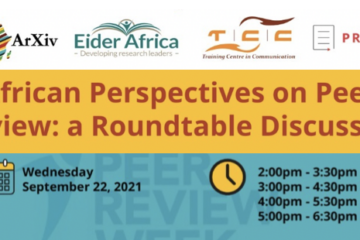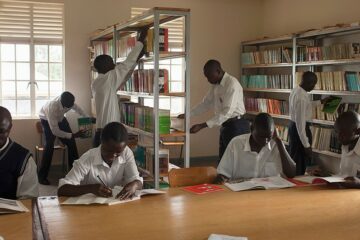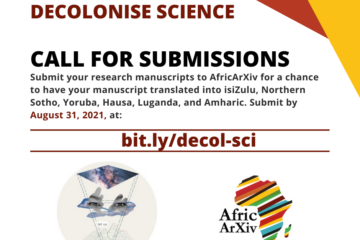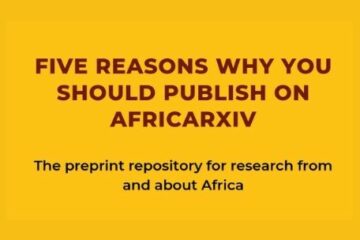Open Access
Press release: COVID-19 research freely accessible, but research data sharing and preprinting are low
Link: https://oaspa.org/press-release-covid-19-research-freely-accessible-but-research-data-sharing-and-preprinting-are-low/?utm_source=OASPA+News&utm_campaign=c8ed423dc0-EMAIL_CAMPAIGN_2021_12_06_05_21&utm_medium=email&utm_term=0_457662dc26-c8ed423dc0-529660149 Preprints and other research publications in line with Covid19 information are still low in Africa despite the increasing global Open Access sites for researchers. At AfricArXiv, we are a pan African based platform curating and facilitating the publication of all Covid19 related research articles and preprints via our Read more…
